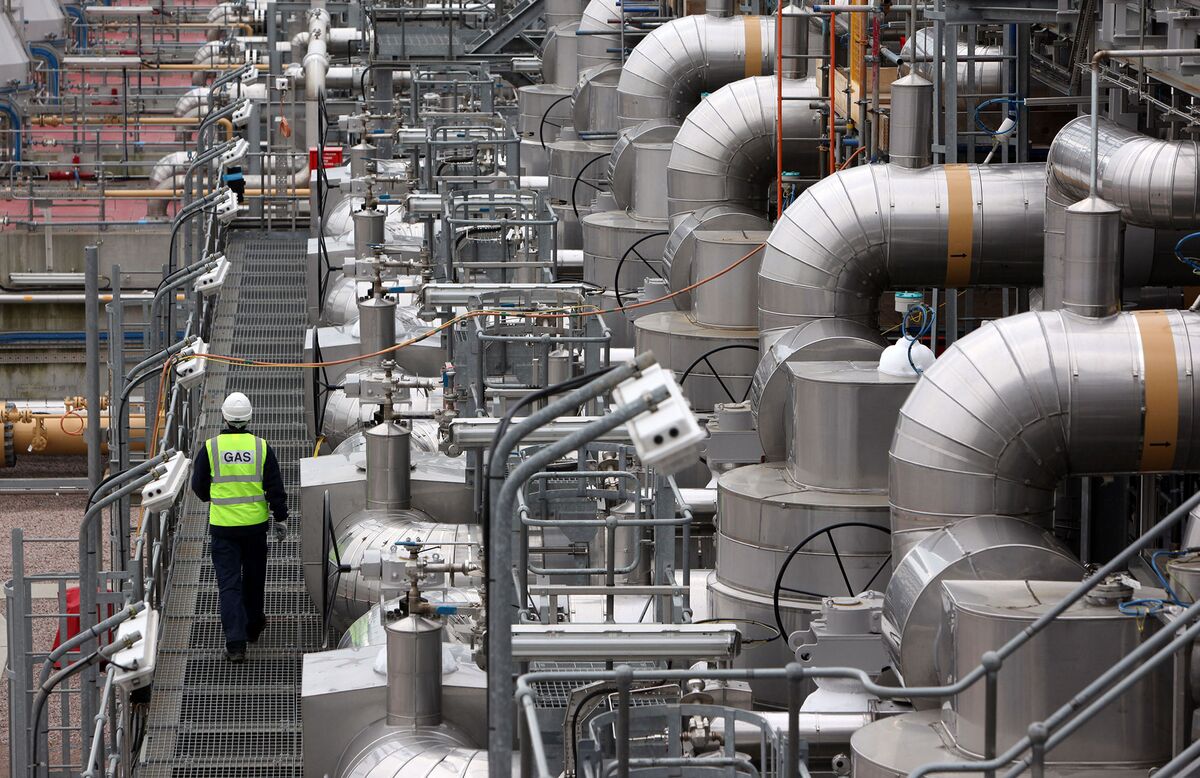UK Backtracks on Natural Gas; Strengthens Argument for its Importance
In an unexpected turn of events, the United Kingdom announced that it is turning away from its climate commitments, allowing new gas-fired power plants to be built into the 2030s. With an original objective of achieving complete renewable power generation by 2035, the ministers will allow the commission of new gas plants as a means of ensuring a safe and reliable energy source for times when clean energy generation is low. Parliament has realized that if they want to keep the lights on and homes warm, traditional fuels are still pivotal to meeting these needs.
This announcement follows the United Kingdom’s other moves away from its net-zero goals. Recently, the Conservative party delayed a ban on sales of internal combustion cars and a phaseout of gas boilers due to concerns over steep prices. Notably, Prime Minister Rishi Sunak has emphasized that he will support a slow or complete abandonment of environmental policies if costs burden consumers.
Despite the clear concerns of high costs and unreliability with a solely renewable-powered base load, the Labour party has reinforced its commitment to a green agenda by adopting a 2030 clean power target. However, with a lack of renewable infrastructure and high costs, the decision to allow natural gas plants signals the U.K.’s understanding of the need for affordable and dependable energy.
The trend in roll backs has also been seen domestically, as President Biden quietly delays some of his original plans. Most recently, the administration pulled away from its onerous power plant emissions rule by now exempting gas-powered plants from the restrictions. When the rule was first announced, alarm bells were ringing given that natural gas supplies almost half of the energy that our power grid uses, throwing efficient and cost-effective function of the power plants out the window. Moreover, the administration is set to announce its final tailpipe emissions, which is expected to relax its unrealistic electric vehicle targets.
These announcements reflect the shift from ambitious green agendas to more pragmatic energy policies through a growing recognition of the pitfalls associated with a hasty transition to renewable energy. Reliability and affordability should always be at the forefront of energy policies, protecting consumers and ensuring strong national security.


